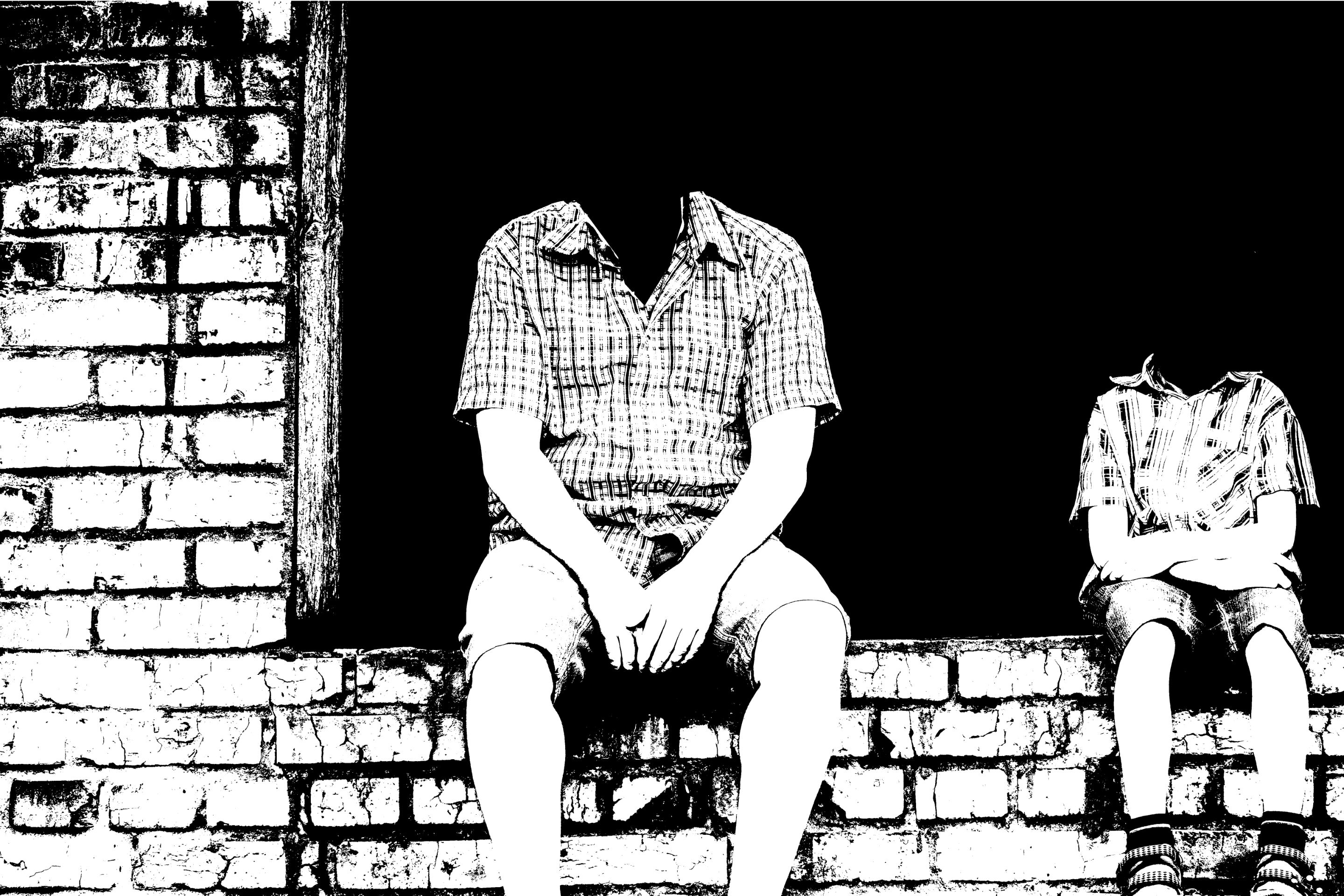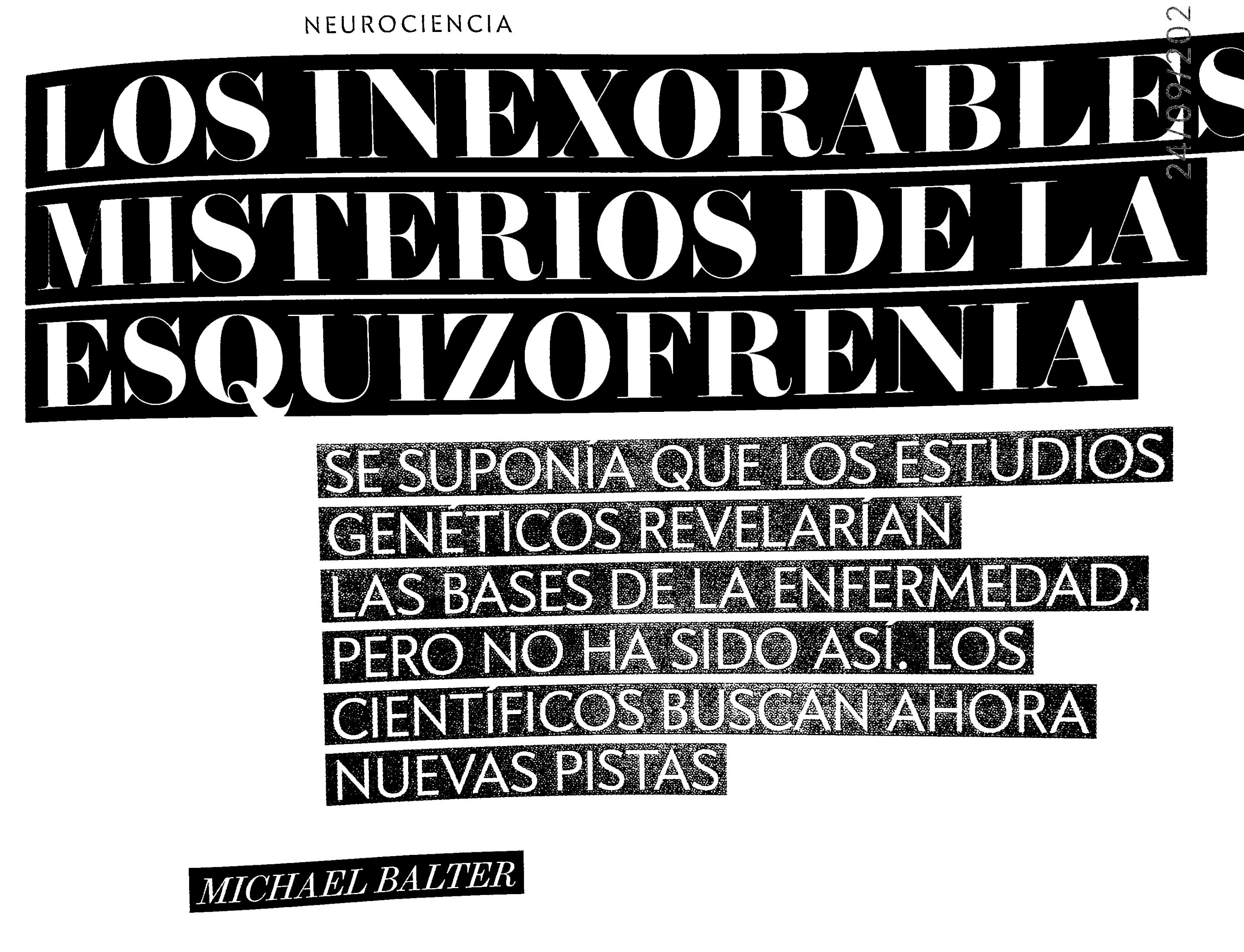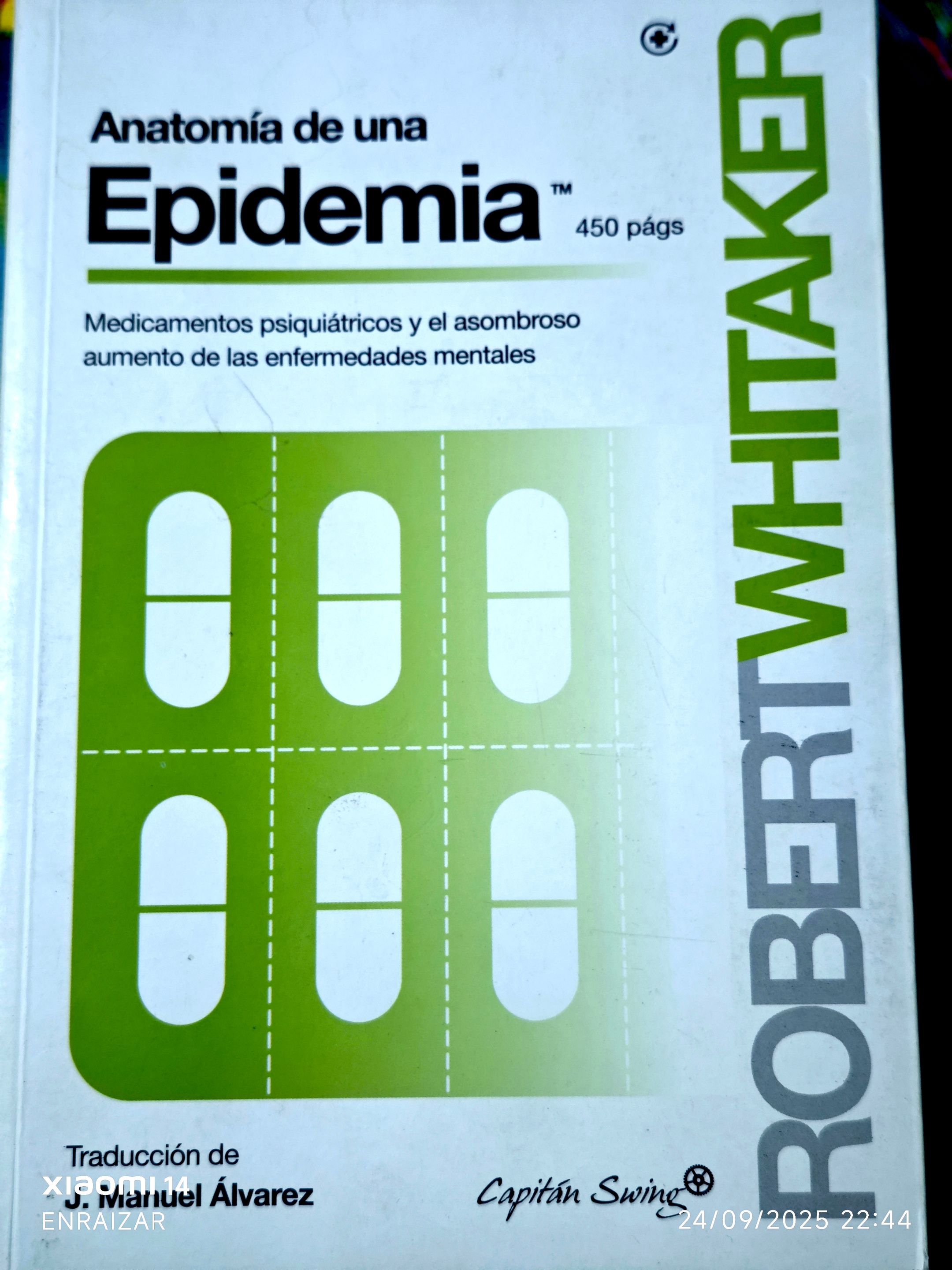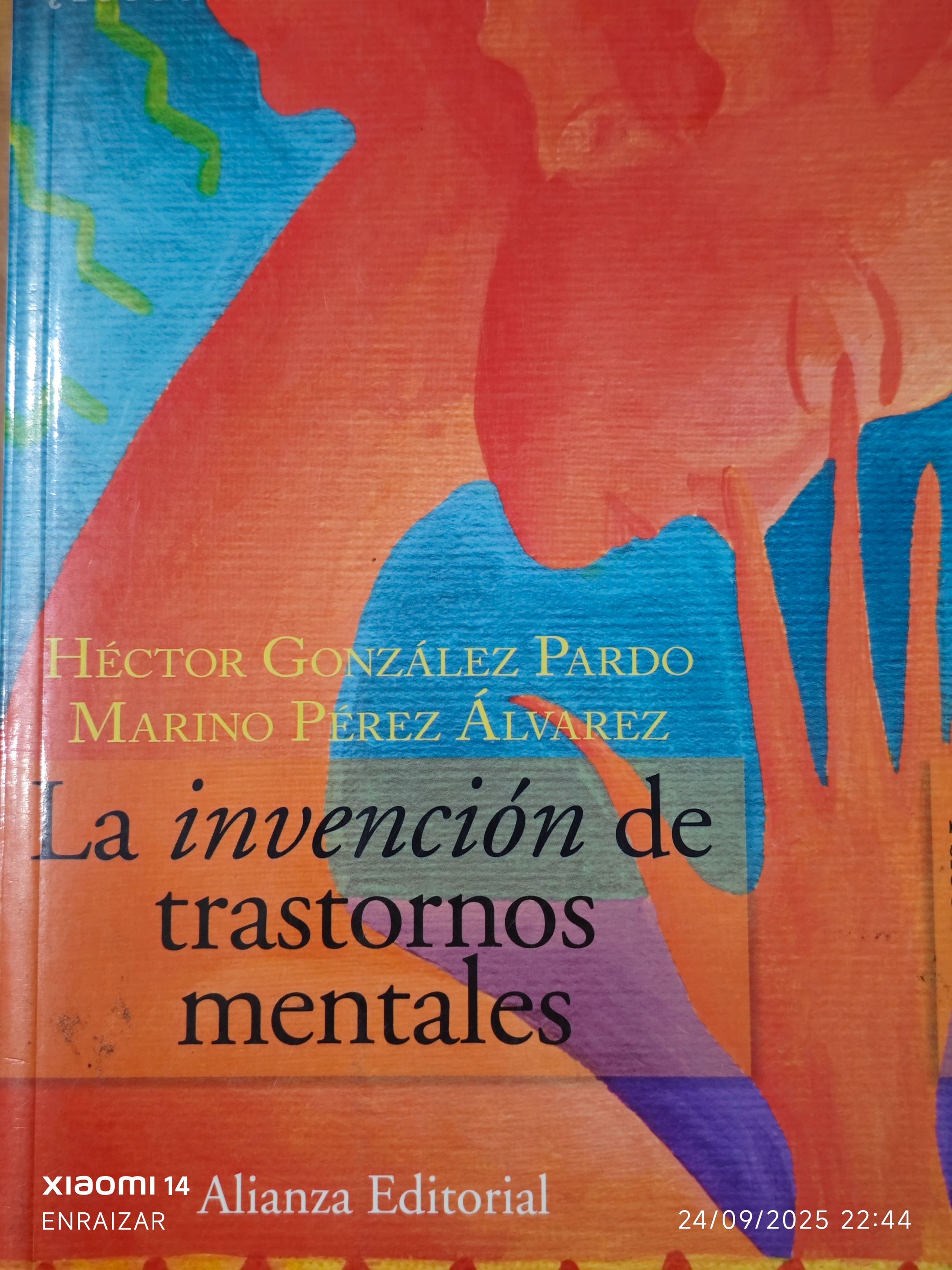
A big hello to all my friends at YouHive and a very special greeting to @avdesing and @elbuhito. This is my contribution to the current initiative dedicated to podcasts: **Podcasts are now available on** [**YouHive!!** 🎤😃](https://peakd.com/hive-135183/@youhive/podcasts-are-now-available-on-youhive). And as a rare phenomenon, I will dedicate part of it to my profession: psychotherapy.
I'll tell you right now that I like the podcast format, which is nothing more than radio but with a snobbier name. Unlike Short or TikTok, whose brief messages encourage polarization and invite us to agree with whoever shows the most wit, well-made radio tends to promote a very rare commodity: critical thinking.
I invite you to participate in this initiative if you want to submit your favorite podcasts to @felixmarranz, @sacra97, and @malvada88.

>Un saludo muy grande a todos los amigos de YouHive y un saludo muy especial a @avdesing y a @elbuhito.. Esta es mi participación en la iniciativa vigente dedicada a los podcasts: **Podcasts are now available on** [**YouHive!!** 🎤😃](https://peakd.com/hive-135183/@youhive/podcasts-are-now-available-on-youhive). Y como fenómeno raro lo dedicaré en parte a mi profesión: la psicoterapia.
>Ya les digo que me gusta el formato podcast, que no es otra cosa que radio pero con un nombre más snob. A diferencia del Short o de tiktok, cuyas breves mensajes favorecen la polarización e invitan a dar la razón a quien muestra más ingenio, una radio bien hecha tiende a favorecer un bien muy escaso: el pensamiento crítico.
>Invito a participar en esta iniciativa por si quieren presentar sus podcast preferidos a @felixmarranz a @sacra97 y a @malvada88.

> *Institutionalized medicine has become a threat to health*
>Ivan Illich
#
In this post, I will present several podcasts. One is dedicated to the current debate in psychotherapy between the medical and contextual models.
The second will provide a more general context for the first, as it will address the hijacking of health authorities and regulatory bodies by the pharmaceutical mafia.
The third will devote time to a great paradox: as with the most modern and scientific medicines, depression has mysteriously become a great epidemic.
In the fourth and final video, Peter C. Gøtzsche will make us reflect on many of the myths of modern medicine.
In total, there are four podcasts: two in Spanish and two in English.
The videos will be interspersed throughout the text and can be viewed independently of it.
Therefore, much of this publication will deal with the dominant medical model from the 1980s to the present day.
A new way of practicing medicine, which calls itself "**Evidence-Based Medicine**," and its counterpart in the field of psychotherapy.

>*La medicina institucionalizada se ha convertido en una amenaza para la salud*
Ivan Illich
#
>En esta publicación presentaré varios podcasts. Uno dedicado al debate que vive hoy la psicoterapia entre el modelo médico y el contextual.
>El segundo dará un contexto más general al primero, ya que abordará el secuestro de las autoridades sanitarias y los organismos reguladores por la mafia farmacéutica.
>El tercero dedicará tiempo a una gran paradoja: como contando con los medicamentos más modernos y científicos, la depresión se ha convertido misteriosamente en una gran epidemia.
>En el cuarto y último video Peter C. Gøtzsche nos hará reflexionar sobre muchos de los mitos de la medicina moderna.
>En total cuatro podcast dos en español y dos en inglés.
>Los videos irán intercalados en el texto y se pueden ver de forma independiente a éste.
>Por tanto, gran parte de esta publicación tratará sobre el modelo médico dominante desde los años 80 del siglo XX hasta la actualidad y a su copia en el campo de la psicoterapia.
>Un nuevo modo de ejercer la medicina, que se llama a sí misma “**Medicina Basada en la Evidencia**.

My intention is not to stir up controversy, but simply to approach the subject from a different perspective than the “official” one. That is, based on scientific evidence from the last five decades, rather than on the testimony of some ‘expert’ or “experts” who appear in the mainstream media.
From this point on, I will use the term “medical model” as a synonym for Evidence-Based Medicine.
In the medical model, disorders or diseases follow the model of infectious diseases. For example, in tuberculosis, we have a specific treatment: antibiotics, and a cause: bacteria.
In the field of psychotherapy and biological psychiatry, the medical model is presented in a similar way. A mental disorder corresponds to a specific treatment.
Therefore, the most "effective" treatments are studied. Thus, psychotherapy manuals theoretically contain the best protocols or “evidence-based treatments.”
So far, everything seems quite convincing. If some treatments are better than others, it makes sense to use the best ones and discard the worst ones.

>Mi intención no es la de crear polémica, simplemente voy a abordar el tema desde un punto de vista diferente al “oficial”.
>Es decir, apoyado en la evidencia científica de las últimas cinco décadas, y no en el testimonio de algún “experto” o “expertos” de esos que salen por los grandes medios de comunicación.
>Desde este momento usaré la expresión de modelo médico como un sinónimo de Medicina Basada en la Evidencia.
>En el modelo médico los trastornos o enfermedades siguen el modelo de las enfermedades infecciosas. Por ejemplo, en la tuberculosis tenemos un tratamiento específico: el antibiótico y una causa: una bacteria.
>En el campo de la psicoterapia y de la psiquiatría biológica el modelo médico se presenta de forma análoga. A un trastorno mental le corresponde un tratamiento específico.
>Por tanto, se estudian los tratamientos más "eficaces". Por lo que en los manuales de psicoterapia se recogen, en teoría, los mejores protocolos o “tratamientos basados en la evidencia”.
>Hasta aquí todo parece bastante convincente, si hay tratamientos mejores que otros lo lógico es usar los mejores y descartar los peores.
https://www.youtube.com/watch?v=ViNC8rKJ27s&t=2037s Source/fuente
# The medical model in psychotherapy
This medical model applied to psychotherapy raises two fundamental problems:
- In any therapeutic intervention, the value of the technique (of the treatment), both in improving or worsening the patient's condition, is residual (my opinion is that each school has its own ritual that is as effective or ineffective as any other).
- And second, there is no evidence that the most commonly used diagnostic categories serve any purpose other than prescribing medication. [Source](https://www.sciencedirect.com/science/article/abs/pii/S0165178119309114?via%3Dihub)
#
Furthermore, for example, the boundaries between categories such as depression and anxiety are not real. Depressed people suffer from anxiety and people with anxiety suffer from episodes of depressed mood.
We could seek help from biology and, following the infection model, claim that in depression the cause, that is, the causative “bacteria” or “virus,” is very well identified: low serotonin levels.
Therefore, we could say that when we mention depression, we are referring to a very specific illness with a very specific treatment.

># El modelo médico en psicoterapia
>Este modelo médico aplicado a la psicoterapia plantea dos problemas fundamentales:
>- En cualquier intervención terapéutica el valor de la técnica (del tratamiento), tanto en la mejora o como en la empeora del paciente es residual, (mi opinión es que cada escuela tiene su propio ritual tan eficaz o ineficaz como cualquier otro)
>- y dos, no hay ninguna prueba de que las categorías diagnósticas más utilizadas sirvan para algo más que medicar. [Fuente](https://www.sciencedirect.com/science/article/abs/pii/S0165178119309114?via%3Dihub)
#
>Además, las fronteras entre categorías como depresión o ansiedad no son reales. Las personas deprimidas sufren de ansiedad y las personas con ansiedad sufren de episodios de ánimo deprimido.
>Se podría buscar el auxilio de la biología y, siguiendo el modelo de la infección, afirmar que en la depresión la causa, es decir la “bacteria” o “virus” causante, está muy bien identificada: bajos niveles de serotonina.
>Por tanto, se podría pensar que cuando mencionamos la depresión nos referimos a un mal muy concreto con un tratamiento muy específico.
https://youtu.be/sKVH88zJHt0?si=yGvNhMQlmiQFQrhs
This raises another (perhaps minor) problem, which is as follows: after more than five decades of research, there is no evidence that serotonin causes anything. [Link](https://www.nature.com/articles/s41380-022-01661-0?utm_source=pocket_mylist)
In fact, there is no structural difference between the brain of a “healthy” person and that of a “sick” person. [Link](https://amsm.es/wp-content/uploads/2023/06/tdap.pdf). If we travel to the world of genetics...
The Holy Grail of health, as the Human Genome Project was called, has not provided any evidence of genetic causes for diseases such as schizophrenia, nor has it found a treatment for any mental disorder... and more than two decades have passed...
# The therapeutic relationship in psychotherapy
Regarding treatment, focusing on psychological therapies, 50 years of research on their components and their influence on the final outcome, the conclusion remains the same, time and time again: the role of technique is residual.
In 2018, the American Psychological Association (APA) published a paper by Norcross, J. C., & Lambert, M., which, drawing on the most recent research on the subject, reached the following conclusion:
*The therapeutic relationship between psychotherapist and client has a substantial and consistent contribution to patient outcomes, independent of the specific type of treatment*. [Link](https://psycnet.apa.org/fulltext/2018-51673-001.html)

>Lo cual nos plantea otro (quizás pequeño) problema, que es el siguiente: después de más 5 décadas de investigación no hay prueba alguna de que la serotonina sea la causa de algo. [Enlace](https://www.nature.com/articles/s41380-022-01661-0?utm_source=pocket_mylist)
>De hecho no existe ninguna diferencia estructural entre el cerebro de una persona “sana” y el de una persona “enferma” [Enlace](https://amsm.es/wp-content/uploads/2023/06/tdap.pdf). Si viajamos al mundo de la genética…
>El Santo Grial de la salud, como se llamó al Proyecto Genoma Humano, tampoco ha aportado ninguna prueba de causa genética sobre enfermedades como la esquizofrenia, ni tampoco ha encontrado tratamiento para ningún trastorno mental… y han transcurrido más de dos décadas….
># La relación terapéutica en psicoterapia
>Sobre el tratamiento, centrándonos en las terapias psicológicas, 50 años de investigación sobre los componentes de éstas y su influencia en el resultado final, la conclusión sigue siendo la misma, una y otra vez, el papel de la técnica es residual.
>En 2018 la Asociación de Psicología Americana (APA) publica un paper de Norcross, J. C., & Lambert, M. que recogiendo la investigación más reciente sobre el tema llegan a la siguiente conclusión:
>*La relación terapéutica entre psicoterapeuta y cliente tiene una contribución sustancial y consistente en los resultados del paciente, independiente del tipo de tratamiento específico*. [Enlace](https://psycnet.apa.org/fulltext/2018-51673-001.html)

If you think 2018 is a long way off, let me tell you...
In 2021, the book "The Great Debate in Psychotherapy: The Evidence of What Makes Therapy Work" [Link](https://psycnet.apa.org/record/2008-07548-000) by Bruce Wampold and Zac Imel, which, drawing on the latest research, insists on questioning the medical model: good or bad results in psychotherapy depend more on the characteristics of the therapist than on the treatment.
# Podcasts
In the first video, José Luis Marín, a doctor, psychiatrist, and psychotherapist, is interviewed. I know José Luis Marín quite well. I have been very fortunate to have been his student, to have learned a lot from him, and I share many of his ideas.
His recent success on social media has come as a complete surprise to me. He doesn't say anything that hasn't been said before, but it seems that it has become fashionable to question biological psychiatry, the kind that uses pills, which is the official and most widespread form.
You may hear that mental health should not be sought in the mind, that the labels (diagnoses) used in mental health are not useful,, that psychotropic drugs do not cure, that there is no epidemic of depression or anxiety... that what exists is an over-diagnosis of mental disorders, that behind this phenomenon there is an industry: the pharmaceutical industry...
The second video features Joan Ramón Laporte, an eminent figure in the field of pharmacovigilance. His name became popular in 2022 when he stated in the Spanish Parliament that COVID vaccines did not save lives, which, incidentally, is what the clinical trials on these inoculations said. In other words, science.

>Si eres de la opnión de que 2018 queda muy lejos, te diré....
>En 2021 se publica el libro “*El Gran debate en psicoterapia: La evidencia de qué hace que la terapia funcione*” [Enlace](www.papelesdelpsicologo.es/pdf/2998.pdf) de Bruce Wampold y Zac Imel, que recogiendo la investigación más reciente insiste en cuestionar el modelo médico: los resultados buenos o malos en psicoterapia dependen más de las características del terapeuta que del tratamiento.
># Podcast
>En el primer video, se entrevista a José Luis Marín, médico, psiquiatra y psicoterapeuta. A José Luis Marín lo conozco bastante bien. He tenido la gran suerte de haber sido alumno suyo, de aprender mucho de él y comparto muchas de sus ideas.
>Para mí ha sido toda una sorpresa su reciente éxito en redes sociales. No dice nada que no se haya dicho antes, pero parece que se ha puesto de moda cuestionar a la psiquiatría biológica, la de las pastillas, que es la oficial y más extendida.
>Podrás escuchar que la salud mental no hay que buscarla en la cabeza, que las etiquetas (diagnósticos) que se usan en salud mental no son útiles, que los psicofármacos no curan, que no existe ninguna epidemia de depresión o ansiedad… que lo que existe es una sobre-diagnóstico de trastornos mentales, que detrás de este fenómeno hay una industria: la farmacéutica….
>En el segundo video aparece Joan Ramón Laporte, una eminencia en el campo de la farmaco-vigilancia. Su nombre se hizo popular en 2022 cuando en el Parlamento Español afirmó que las vacunas covid no salvaban vidas, que por cierto, es lo que decían los ensayos clínicos sobre estas inoculaciones. Es decir, la ciencia.
https://youtu.be/eFWeCvlaOP4?si=81qwiTWuX_d7T38T Source/fuente
The video reviews the resounding failure of Evidence-Based Medicine and the lack of evidence behind this type of medicine. As proof of this failure, medical treatments are the third leading cause of death.[Link](https://practicalneurology.com/news/new-analysis-suggest-adverse-drug-events-are-the-3rd-leading-cause-of-death-in-the-usa/2473820/#:~:text=Practice%20Management-,New%20Analysis%20Suggests%20Adverse%20Drug%20Events%20Are%20the%203rd,of%20Death%20in%20the%20USA&text=According%20to%20an%20analysis%20conducted,death%20in%20the%20United%20States).
The third video shows an interview with journalist Robert Whitaker, who has spent more than two decades studying the origins of mental disorders, psychotropic drugs, and the practices of the pharmaceutical industry.
One fact radically changed his view of psychotropic drugs. He found two studies by the World Health Organization conducted in the 1970s that showed how in so-called developed countries, where treatment with psychotropic drugs was widespread, schizophrenia had a worse prognosis than in so-called developing countries, where the disorder was not treated with psychotropic drugs. [Link](https://pubmed.ncbi.nlm.nih.gov/905470/)

>En este video se repasa el estrepitoso fracaso de la Medicina Basada Evidencia y la poca evidencia que hay detrás de esta medicina. Como dato de este fracaso, la tercera causa de muerte son los tratamientos médicos. [Enlace](https://practicalneurology.com/news/new-analysis-suggest-adverse-drug-events-are-the-3rd-leading-cause-of-death-in-the-usa/2473820/#:~:text=Practice%20Management-,New%20Analysis%20Suggests%20Adverse%20Drug%20Events%20Are%20the%203rd,of%20Death%20in%20the%20USA&text=According%20to%20an%20analysis%20conducted,death%20in%20the%20United%20States).
>El tercer video muestra una entrevista al Periodista Robert Whitaker, que lleva más de dos décadas estudiando el origen de los trastornos mentales, los pscicofármacos y los procedimientos de la industria farmacéutica.
>Un hecho cambió radicalmente su punto de vista sobre los psicofármacos. Encontró dos estudios de la Organización Mundial de la Salud realizados en los años 70,s del siglo XX que mostraban como en los países llamados desarrollados, en los que los tratamientos con psicofármacos estaban generalizados, la esquizofrenía tenía peor pronóstico que en aquellos países, llamados en vias de desarrollo, y en los cuales el trastorno no se trataba con psicofárnacos. [Enlace](https://pubmed.ncbi.nlm.nih.gov/905470/)
https://youtu.be/Uny38cGlc3A?si=M9DrZaCoJmQsy3br